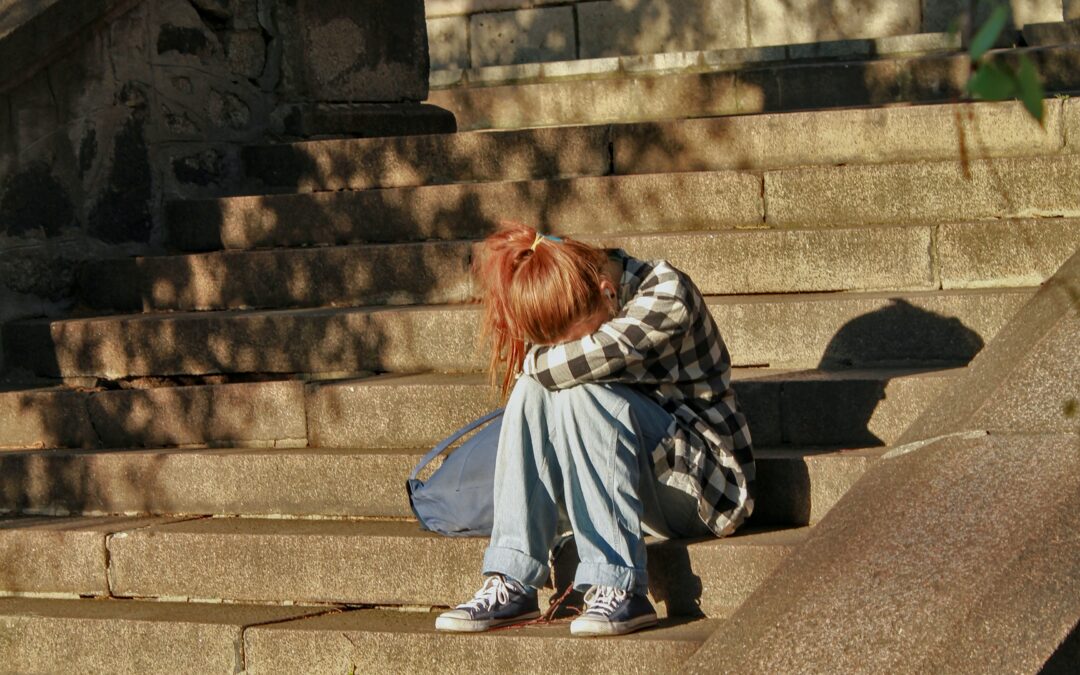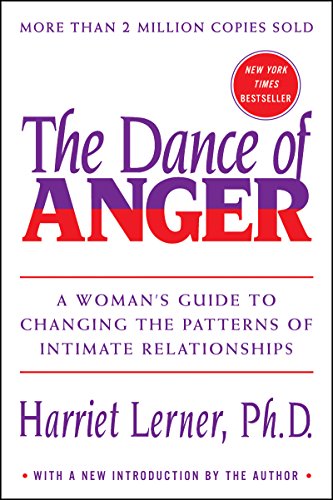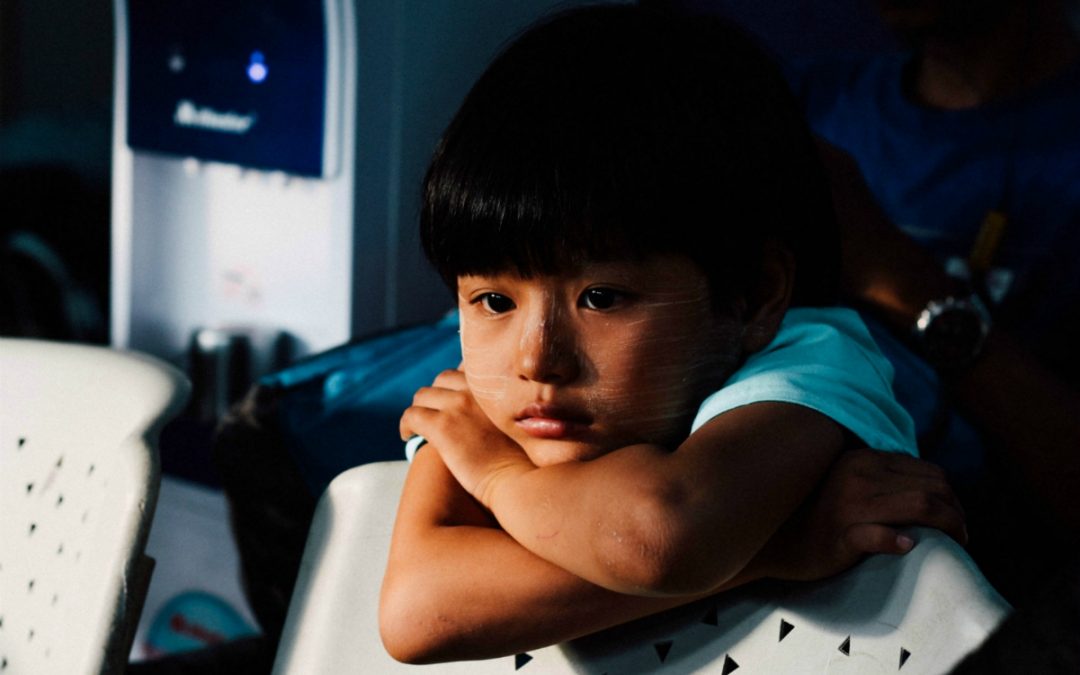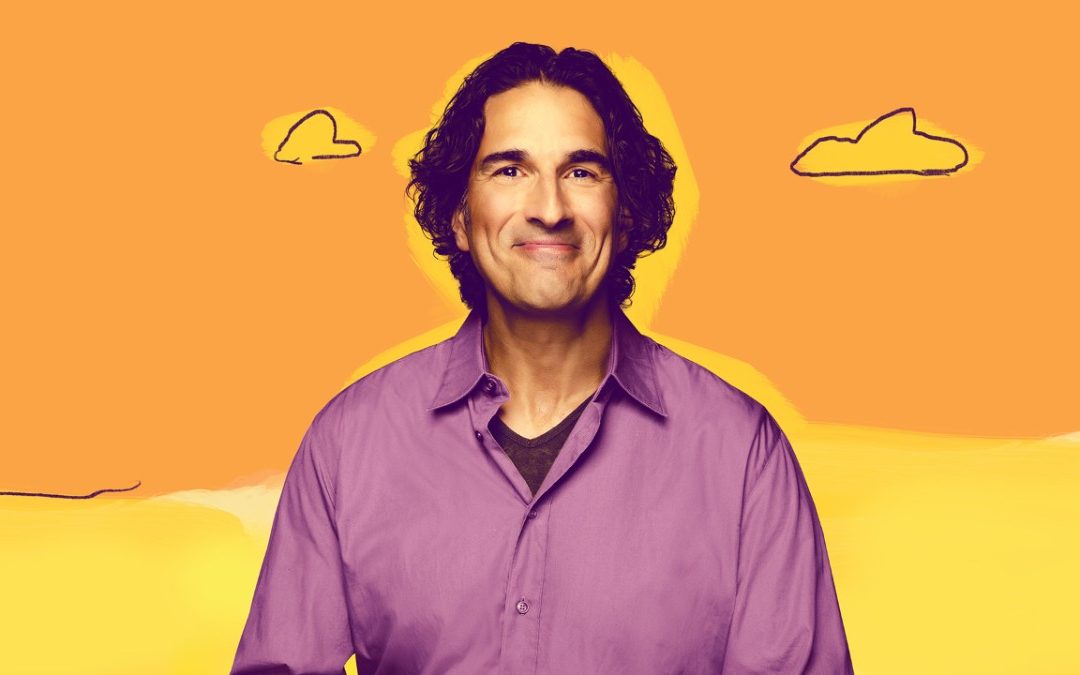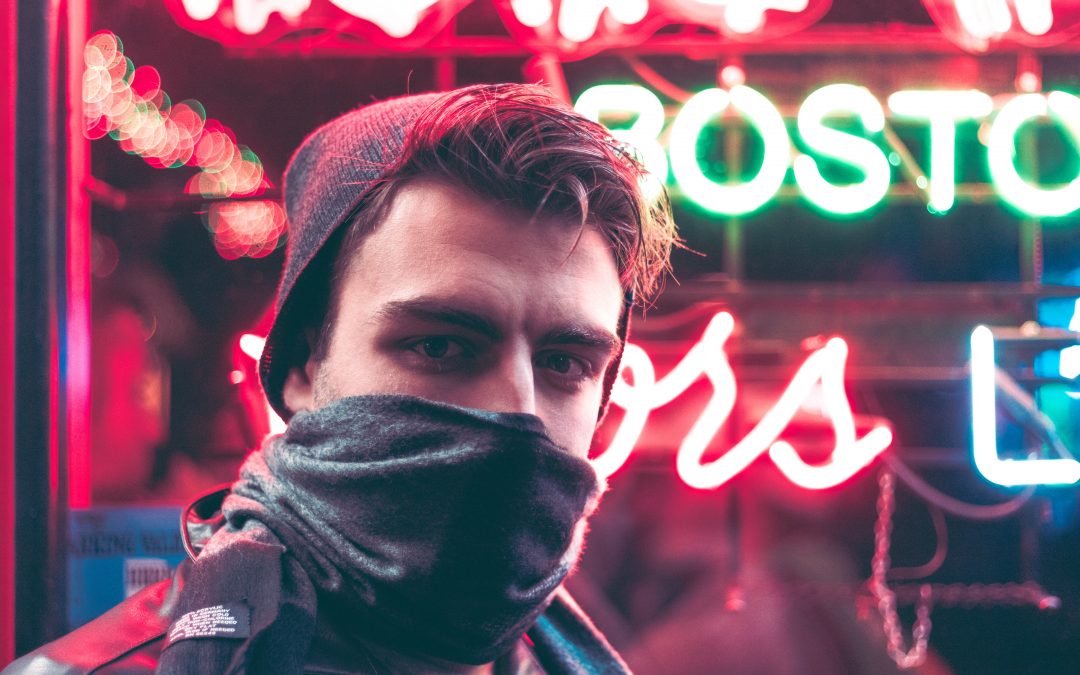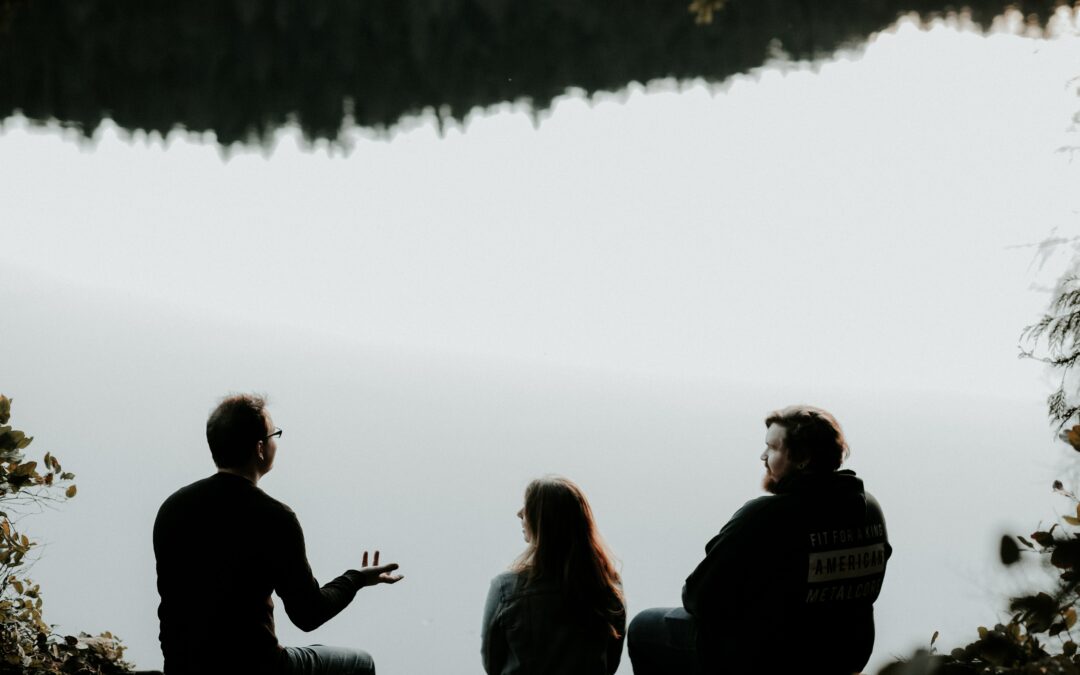
Healthy Communication in Asheville
Folx, we have an issue. It’s a problem we all have, collectively. We, being the masses of us who avoid confrontation, who fear upsetting someone else, who feel it’s our duty to be easy-going enough that no one ever has a reason to dislike or be upset with us. The problem is our aversion to assertiveness. Where is the healthy communication in Asheville?
To be clear, “we” don’t actually all have this problem. Particularly for people who tend to self-aggrandize or feel entitled to have their voices heard (sometimes constantly), this is hardly an issue. But are those the people we really want to hear from (all of the time)? No. Unfortunately, though, we hear from the entitled folx a whole lot.
But the people who tend to be more self-sacrificial or empathic to the feelings and needs of those around them tend to be much, much quieter. Yet, those are the ones we need to hear from. From people like you.
Last summer I read the book Playing Big by Tara Mohr, which I highly recommend for women everywhere. In that book, she illustrates the problem of playing small, and how to overcome it.
But this issue of not speaking up is not only a woman’s issue. Admittedly though, we have the vast majority of anti-asserters.
In my psychotherapy practice, I see people of all genders struggling with the issue of speaking up, asking for what they want, and saying how they feel. Healthy communication in Asheville can be remarkably hard to come by. Keeping quiet and “keeping the peace.” But at what cost? The costs of this phenomenon are huge. Here are a few:
- authenticity
- emotional intimacy
- physical health
- mental health
- getting what you want from your relationships
It can be so hard to speak up in your relationships when you’ve been disappointed in the past, by the people you went to, to be vulnerable and express yourself with. If you’ve been ridiculed, humiliated, gaslit, abandoned. yelled at, or belittled. I see you. It’s especially hard for you. I know, I get it.
But the reality is that science now proves that the relationships we have are the most powerful indicators of happiness in life. They inform not only our emotional well-being but also our physical health. Check out this new book The Good Life, It’s based on the longest scientific study ever done on happiness. Know what they found about what humans need to be happy? Good relationships. Can we create good relationships without being honest about what we feel or what we want? Doubt it.
The good news is that it’s not too late and you’re not too old. You can always try again.
I am here to support you to find your voice, clarifying your needs, and discerning what relationships truly nourish your soul.
Let’s figure it out together. We can take as much time as you need.

